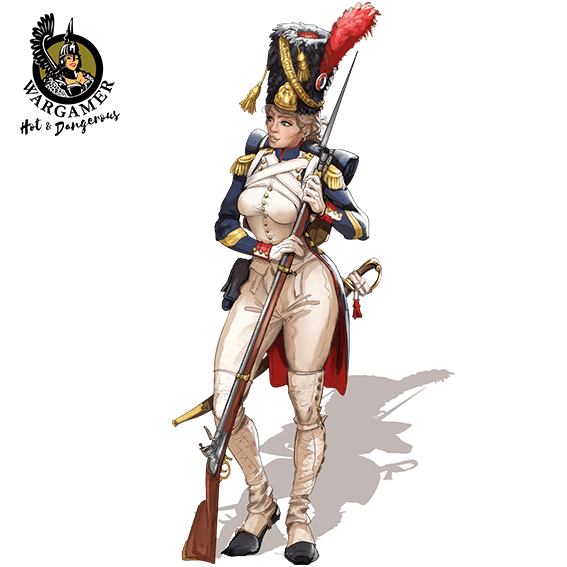
Introduction
The term ‘old guard’ refers to individuals or groups that have a long-standing presence or influence within a particular realm. In contemporary society, the old guard can be found in various sectors including politics, business, and culture. Understanding their role and significance is crucial as they often shape prevailing norms and impact the dynamics of change within their spheres.
The Old Guard in Politics
In recent events, the impact of the old guard has been particularly evident in the political arena. Veteran politicians, with decades of experience, continue to wield considerable influence over party decisions and national policies. For instance, notable figures such as Mitch McConnell in the United States Senate exemplify how the old guard maintains control over legislative agendas, often resisting more progressive changes proposed by newer members of Congress.
Business and Economic Factors
In the corporate world, the old guard plays a vital role in guiding businesses through economic uncertainties. CEOs and board members with extensive industry experience often make conservative choices that prioritize stability over risk-taking. A recent analysis by business experts has shown that companies led by veteran executives tend to perform more reliably during economic downturns compared to start-ups run by younger, less experienced leaders.
Cultural Relevance of the Old Guard
Culturally, the old guard can also signify a link to a nation’s heritage and traditions. In arts and entertainment, legendary figures like Bob Dylan or Meryl Streep are often seen as custodians of a particular artistic standard. Their continued influence acts as a benchmark for new artists, fostering a blend of innovation and respect for tradition in creative endeavors. However, this can also lead to tension between established artists and emerging talent vying for recognition.
Conclusion
As society evolves, the old guard remains a significant force. Their commitment to tradition often provides a stabilizing influence during turbulent times, yet can also inhibit progressive change if not balanced with fresh perspectives. Looking forward, it is essential for the old guard to engage in dialogue with the next generation to harness the benefits of their collective wisdom while embracing innovation. By doing so, they can ensure that their legacy positively impacts future developments. In conclusion, the interplay between the old guard and new voices will shape the landscape of politics, business, and culture for years to come.



